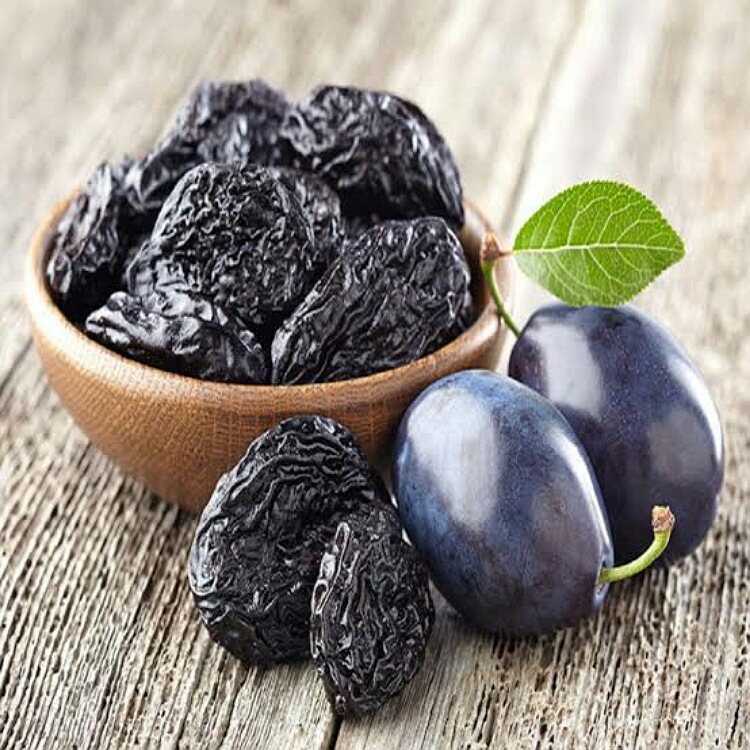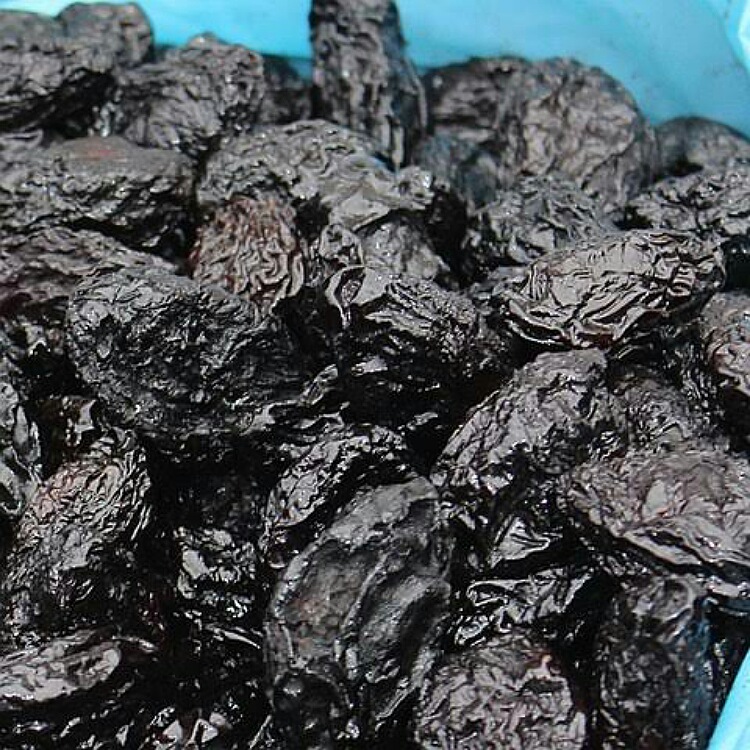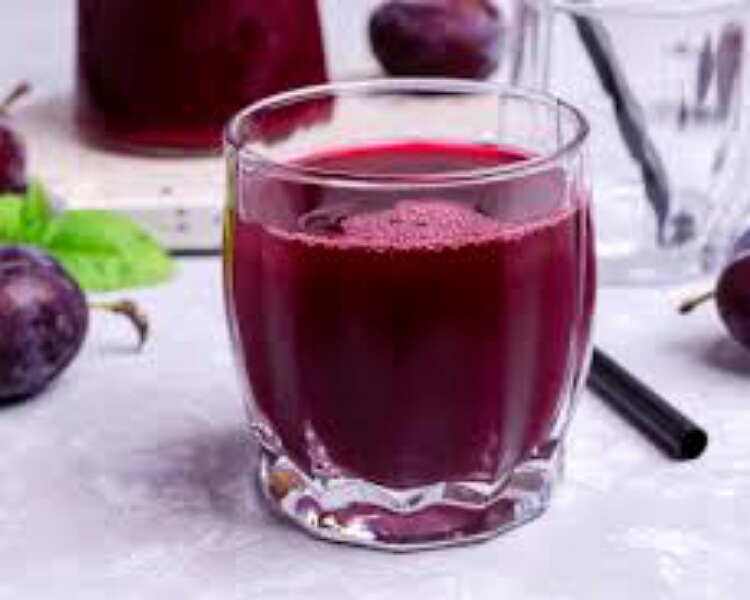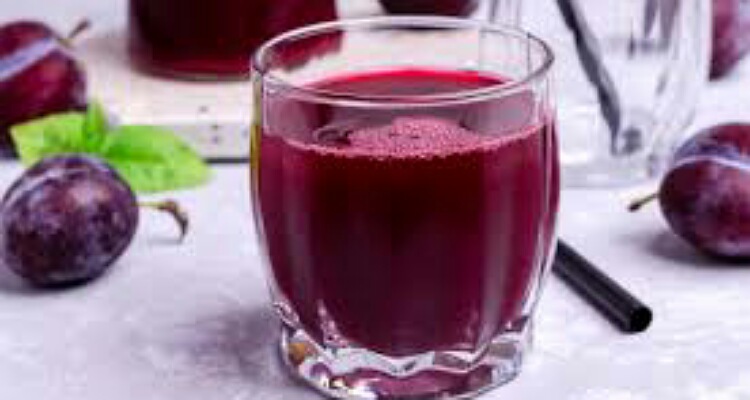Prunes and prune juices are good for constipation. When the mornings are difficult due to hard stools, prunes do the wonder!
But do you know that besides regulating bowel movements, prunes and prune juices also have other health benefits?
Prunes and prune juices
Prunes are dried plums. Not all plums are good for making prunes. Mostly European plums go into the making of prunes. The variety is Prunus domestica and it has firm flesh and does not ferment after the drying process.
The other varieties that prune producers employ for the manufacture of prunes are improved French prune, Sutter, Tulare Giant, Moyer, Imperial, Italian, and greengages.

The US FDA has asked for the name change from prunes to dried plums. Prunes have water and a lot of other useful nutrients in them. But the relief of constipation is mainly due to the sorbitol content of these dried plums.
Sorbitol is a type of sugar that softens stools and stimulates bowel motion.
When more than 90% of Americans are unable to reach their needs for fruits and vegetables daily, prunes and prune juices are good substitutes for them. They provide water and key nutrients for the body’s needs.
Prune juice’s nutritional values
Prunes are good for bowel movements. 8 ounces of prune juice provides 4 grams of fiber. Prune juice 240 ml provides 8% of the daily requirements of magnesium, 10% of the daily needs of potassium, and 2% of the daily demands of iron.

100 grams of prunes have 240 calories. Carbs are 63.88 g and sugars are 38.13 g. Fat is just 0.38 g and protein is 2.18 g.
They have vitamins A, B1, riboflavin, niacin, pantothenic acid, vitamin B6, folate, choline, vitamin C, E, and K. It has lots of manganese, magnesium, calcium, phosphorus, iron, zinc, can potassium. Sodium is a mere 2 mg in 100 grams.
Health benefits of prune juice
Prune juice has less fiber compared to prunes. This is due to filtration before bottling. But it is still high in sorbitol. Sorbitol, unlike glucose, is absorbed slowly in the intestine.
Therefore, it remains in the gut and holds back water for the stools. The stools become soft and bowel movements are improved.
A study published in Critical Reviews in Food Science and Nutrition states that 25 g of sorbitol is enough for the laxative action.

The juice is good for bones. It has vitamin K, boron, calcium, and magnesium. All these aids in making the bones stronger. The vitamin C and zinc of prunes are beneficial for the immune function of the body.
Prune juice has a low glycemic index of 29. Hence it does not cause blood sugar spikes like other fruit juices. Sorbitol sugar in it is slowly absorbed.
Therefore, prune juice is good for diabetics. As constipation chances are lessened, the risk of piles is also low if one takes regular prune juice.
Also, read Fruits and the best time of the day to consume them!
Prune and prune juice are good for the heart because of the antioxidants in it. Fiber and potassium also have a role in the cardiac protection action of these dried fruits. Blood pressure control is better.
